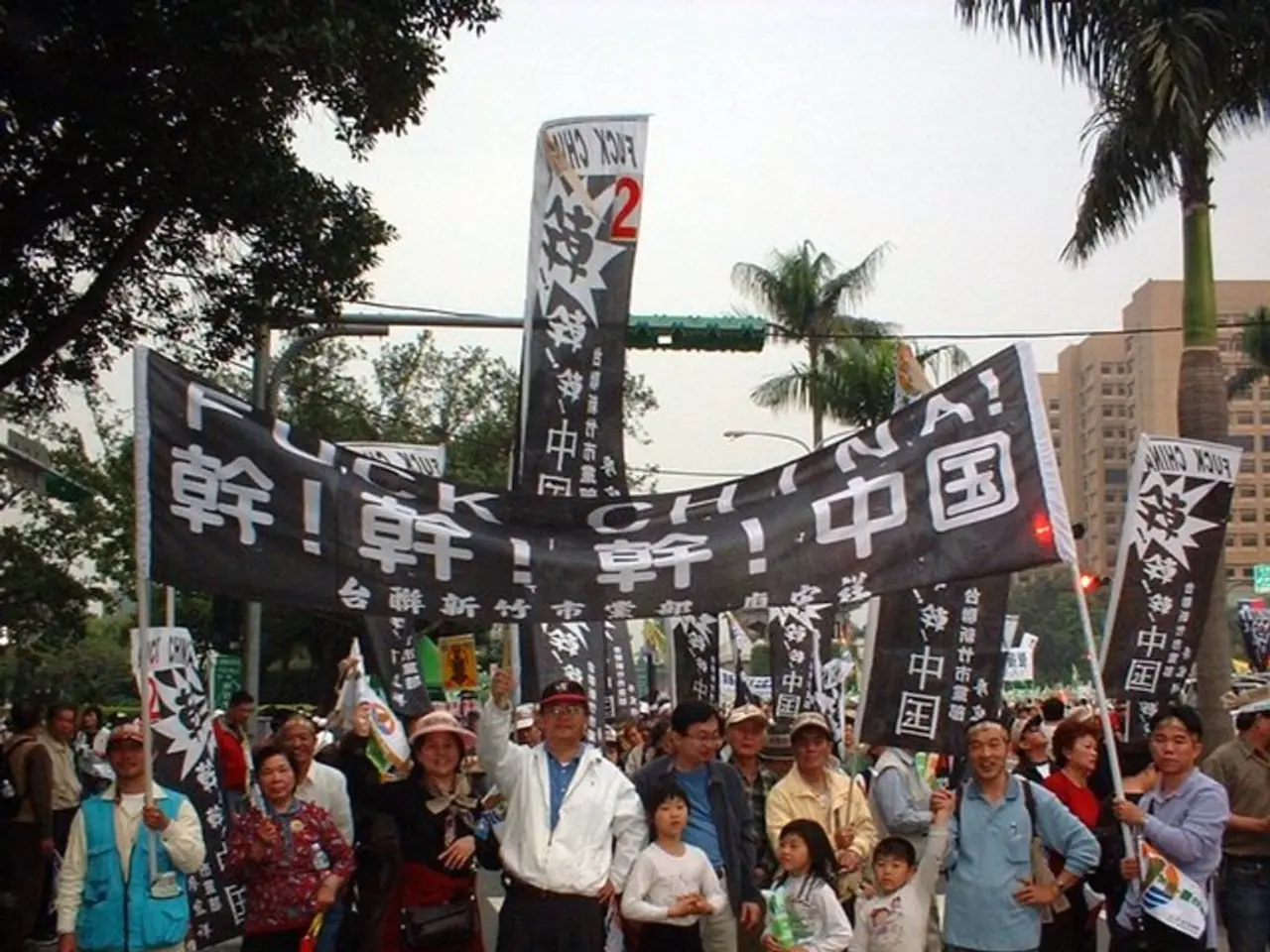Harassers' Identities Fading on City Streets: Uncovering Their Names Becomes Challenging
In Austria, a growing number of municipalities are addressing streets and squares with names associated with National Socialism. These changes aim to dissociate public spaces from Nazi associations and pay tribute to Austrians who resisted the Nazi regime.
In a significant move, the city of Graz replaced the alley named after Ottokar Kernstock, who wrote the "Hakenkreuzlied" (Nazi anthem), with Maria Stromberger, a nurse who was active in the resistance and helped prisoners at Auschwitz.
However, the situation regarding renamings is not straightforward. Not all municipalities have found sustainable solutions. For instance, the then black-blue coalition in Graz decided against renamings and instead had explanatory additional plaques attached to around 700 personally named streets.
In Salzburg, at least 13 designations were found to be problematic, including the Deaf-Mute Lane. On Thursday, a previously nameless staircase with 117 steps on the Salzburg Mönchberg was named after Alma Rosé, a violinist who was deported to Auschwitz in 1943 and played in the women's orchestra there until her murder in 1944.
In Braunau, the town council decided to rename the streets named after Josef Reiter and Franz Resl, but the new names have not yet been decided. This decision followed a report deeming the maintenance of these names unconstitutional, aiming to avoid glorifying Nazism.
The process of renaming typically involves conducting assessments or reports on the appropriateness of maintaining names connected to National Socialism, holding local council votes to decide on renamings, and replacing Nazi-associated names with ones honoring anti-Nazi figures or neutral alternatives.
In Vienna, around 170 street names were identified as "problematic" by historians, for 28 of them "intensive discussion" is necessary. Vienna chose to use explanatory signs instead of renaming.
According to a recent legal opinion, designations of public traffic areas that honor identified National Socialists must be removed, as it would violate the State Treaty. This legal opinion was provided by Markus Vašek, a constitutional lawyer.
Since 2013, Salzburg has followed certain principles in naming new or still unnamed traffic areas, aiming to make women more visible or honor personalities with a clear connection to the city or who were victims of National Socialism.
Politicians across Austria have been debating for years about dealing with burdened names, particularly in renamings of streets or squares that bear historically burdened names. In the Styrian capital, Graz, a change of government to KPÖ, Greens, and SPÖ was decisive for the removal of burdened names.
In Linz, four burdened street names have already been replaced: The Porsche Way was named after Ludwig Wittgenstein, the Resl Way was named after Marianne Meinharts, the Gfoellnerstraße was named after Ernestine von Sterneggs, and the Pfitznerstraße was named after Stefanie Nauheimer.
These changes reflect a broader Austrian trend to confront and reckon with its Nazi past, as part of historical education against Nazism.
- What about other parts of Austria, are they following suit in renaming streets and squares with Nazi associations?
- The changing lifestyle in Austria is increasingly emphasizing cultural travel, with an emphasis on general news and acknowledging the resistance against war-and-conflicts like National Socialism, as demonstrated by the renaming of streets.
- The migration of ideas and values has led to a growing awareness of the need to separate public spaces from Nazi associations, thereby reflecting a shift in societal politics.
- In the discussions about dealing with burdened names, some cities are focusing on renamings to honor anti-Nazi figures, while others are opting for explanatory signs as a form of cultural-travel education, bringing light to the country's complex and controversial past.




